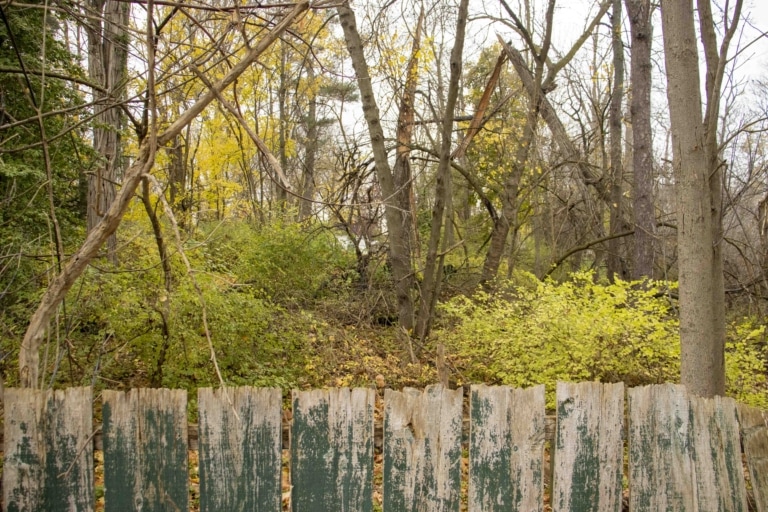In January this column published a three-part series focused on affordable housing.
Drawing on historical precedent and a current example of how to approach constructing dwellings for those whose household incomes are insufficient to meet the financial thresholds in our wildly inflated housing market, it was a bit of out-of-the-box thinking that has been demonstrated to work.
Interestingly, in late 2021 our provincial government commissioned the Housing Affordability Task Force to examine this same question. Unsurprisingly, there was no innovative or creative thinking displayed in the draft report circulated in mid-January.
I don’t suppose this should come as any great revelation from a government task force, particularly when five of the nine members appointed represent the real estate development market and the chair is from the banking industry, a bastion of conservative thought.
Still, to be fair, let’s take a look at a few of the draft recommendations.
On density, they recommended that any municipality (and it is unclear whether a “municipality” might not be defined as a region) with over 100,000 people would be required to allow four dwelling units and four storeys on any single residential lot, setting aside any existing local zoning or height limitations.
On minor variances (where the definition of “minor” is not provided nor who would have the authority to determine what it constitutes) sought by developers of housing projects, the municipalities should no longer be required to seek public consultation nor, in fact, would the elected municipal representatives have any decision-making authority associated with it.
All applications would be made to an independent (not responsible to elected officials) appointed committee of adjustment vested with unilateral and final power to grant or deny same.
On heritage protection, preservation and designation, which (I assume from the way it is written) could encompass built heritage, cultural landscapes, archeological, etc., the province should drastically reduce municipal heritage powers while passing legislation that would require a municipal government to compensate property owners for any loss of development or sales income from their land associated with existing heritage limitations.
On local municipal zoning, the recommendation was that minimized province-wide standards should be set that would prevent local governments from using everything from lot size to shade and wind tunnel impacts to limit the scope and/or size and/or “you-name-it” of a development.
In other words, set aside all local zoning and associated bylaws and allow the real estate development industry to be free to do nearly anything to maximize profits through densification.
Does no one in our provincial government remember the history of the 19th century when robber barons proliferated and the economy was boom and bust?
Even I, as an unapologetic capitalist, embrace the fact that capitalism without independent oversight and controls is a social disaster.
Further, I ask, how would any of these recommendations lead to affordable housing?
I guess an argument could be made that eventually, if enough housing units are constructed, the insane price escalation of the past few years might be capped. And even, in the sweet by-and-by, supply may substantially exceed demand which could, possibly, lead to lower housing prices.
I also believe in Santa Claus and the tooth fairy. Just sayin’.











